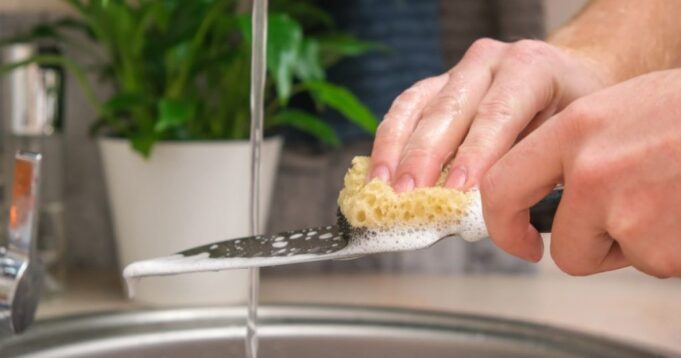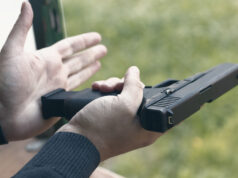For knife enthusiasts, collectors, and everyday users, Benchmade stands out as a brand that’s synonymous with quality, durability, and precision craftsmanship. Whether you own some Benchmade knife for its superior functionality or its aesthetic appeal, it’s evident that you’ve invested in a piece of art that deserves meticulous care.
Like all treasured possessions, the longevity of Benchmade knives depends largely on how it’s maintained. This article dives deep into the nuances of preserving the performance and appearance of your Benchmade knives.
Benchmade’s Craftsmanship
Before delving into maintenance, it’s crucial to understand what sets Benchmade knives apart. The brand utilizes advanced materials, high-tolerance manufacturing processes, and skilled artisans to create knives that are sharp, durable, and dependable. Appreciating the craftsmanship is the first step toward proper maintenance.
Regular Cleaning
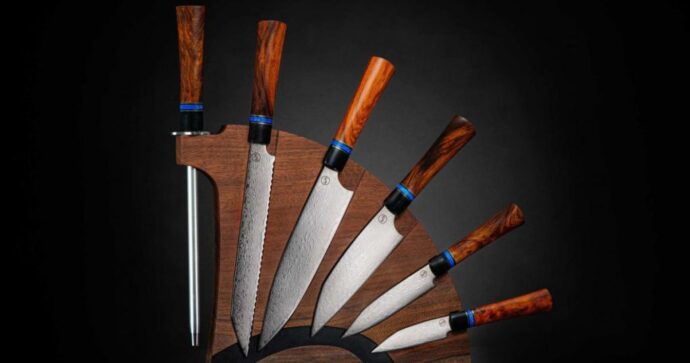
Dirt, debris, and moisture: These are the natural enemies of any knife. Benchmade knives, while resilient, will still benefit from regular cleaning.
- Blade cleaning: Use a soft cloth, preferably microfiber, dampened with a gentle cleaning solution. Wipe the blade along its length, moving from the handle to the tip. This ensures you don’t inadvertently push debris into the pivot or handle.
- Handle cleaning: Depending on your knife’s handle material (G10, Micarta, Aluminum, etc.), you’ll want to use a cleaner that won’t harm it. A gentle dish soap and water mixture usually suffices. Avoid abrasive materials that could scuff or scratch the handle.
Proper Lubrication
Lubrication ensures that the moving parts of your knife, especially folding models, operate smoothly. Here’s how to properly lubricate your Benchmade knife:
- Selecting the right lubricant: High-quality knife lubricants, like mineral oil or specialized knife oils, are recommended. Avoid heavy greases or oils that can attract dirt.
- Applying the lubricant: A small drop at the pivot point of folding knives is typically enough. For fixed blades, a light coat on the blade helps prevent corrosion.
Sharpening with Precision
While Benchmade knives come impressively sharp out of the box, with use, all blades will eventually dull.
- Understanding sharpening tools: Benchmade offers the LifeSharp service, which is a fantastic option for those unsure about sharpening. However, if you choose to sharpen at home, invest in quality sharpening tools – whetstones, ceramic rods, or diamond sharpeners are excellent choices.
- Technique matters: The key to sharpening is maintaining a consistent angle between the blade and the sharpening tool. Typically, a 20-degree angle per side is a good benchmark for most Benchmade knives.
Storing with Care
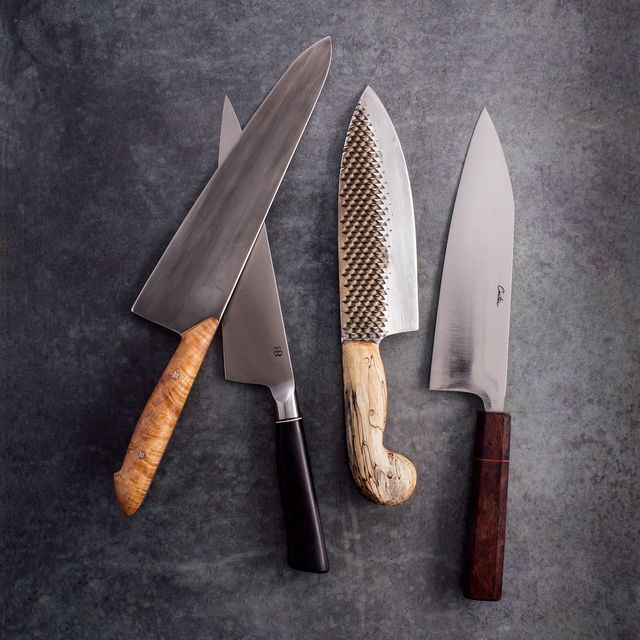
How and where you store your Benchmade knife can significantly affect its longevity.
- Dry environment: Always store your knife in a dry place. Moisture can lead to corrosion, even on stainless steel blades.
- Knife sheaths and pouches: If you’re using a sheath or pouch, ensure it’s made of breathable material. Leather sheaths can retain moisture, so if you use one, make sure your knife is entirely dry before storing.
- Safe from prying hands: Safety first. Always store your Benchmade knife out of the reach of children.
Addressing Potential Corrosion
Even with impeccable care, sometimes knives show signs of rust or corrosion.
- Early intervention: At the first sign of rust, address it immediately. A light abrasive, like baking soda mixed with a little water to make a paste, can be effective for removing surface rust.
- Protection: After cleaning off the rust, ensure the blade is dry and apply a light coat of oil to prevent future corrosion.
Mind the Screws and Hardware
Your Benchmade knife is more than just its blade. Folding models have screws, clips, and other hardware that also need attention.
- Tighten periodically: Screws can loosen over time. Periodically check and tighten them, but avoid over-tightening which can strip the screws or affect the knife’s function.
- Replacement: Benchmade offers exceptional customer service. If you lose a screw or clip, they often provide replacements.
Avoiding Misuse
While it might seem evident, one of the best ways to ensure the longevity of your Benchmade knife is to use it as intended.
- Cutting only: Use your knife for cutting tasks only. Avoid prying, digging, or using it as a screwdriver. These misuses can damage the blade or pivot mechanism.
- Respect the blade’s limits: Even the toughest Benchmade knives have limits. Don’t attempt to cut materials beyond the knife’s capability.
FAQs
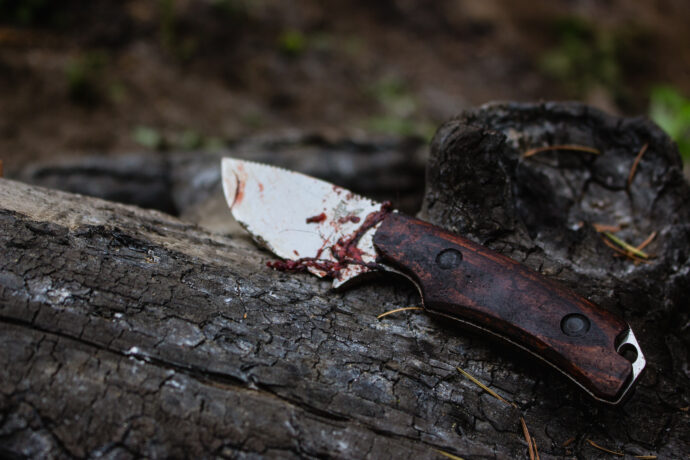
Can I use household oils, like olive or vegetable oil, for lubricating my Benchmade knife?
While household oils might work temporarily, they aren’t ideal for knife maintenance. Over time, these oils can become sticky or gummy, attracting more dirt and debris. Instead, it’s recommended to use mineral oil or specialized knife oils designed for longevity and minimal residue.
What’s the recommended frequency for cleaning my Benchmade knife if I use it daily?
For daily users, a basic wipe-down after each use with a soft cloth is a good practice. A more thorough cleaning, which might include disassembly, lubrication, and sharpening, is recommended once a month or whenever you notice any performance issues.
I noticed some scratches on my Benchmade knife’s blade. Is there any way to remove or diminish their appearance?
Minor scratches can sometimes be reduced by using a polishing compound and a soft cloth. However, deeper scratches might be permanent. It’s essential to approach scratch removal with caution, ensuring you don’t compromise the blade’s sharpness or integrity.
How should I clean my Benchmade knife if it gets exposed to saltwater?
Saltwater exposure can accelerate corrosion. If your knife comes into contact with saltwater, rinse it immediately with fresh water, then dry it thoroughly. After it’s dry, apply a thin layer of protective oil to the blade to ward off potential rust.
Can I wash my Benchmade knife in a dishwasher?
It’s not recommended to wash any knife, including Benchmade knives, in a dishwasher. The high pressure, detergents, and heat can damage the knife’s blade, handle material, and moving parts. Always hand-wash your Benchmade knife gently and dry it immediately.
My Benchmade knife feels too tight/loose when opening and closing. How can I adjust it?
Many Benchmade folding knives come with adjustable pivot screws. You can use a Torx driver to adjust the tightness of this screw, which will impact the knife’s opening and closing action. Remember to make small adjustments, checking the action after each one to achieve the desired smoothness without making it too loose.
Final Words
Owning a Benchmade knife is a privilege and a testament to your appreciation for quality craftsmanship. With a little time and attention to maintenance, you can ensure that your knife remains as sharp, functional, and beautiful as the day you acquired it.
After all, a well-maintained Benchmade knife isn’t just a tool; it’s a legacy that can be passed down through generations.

